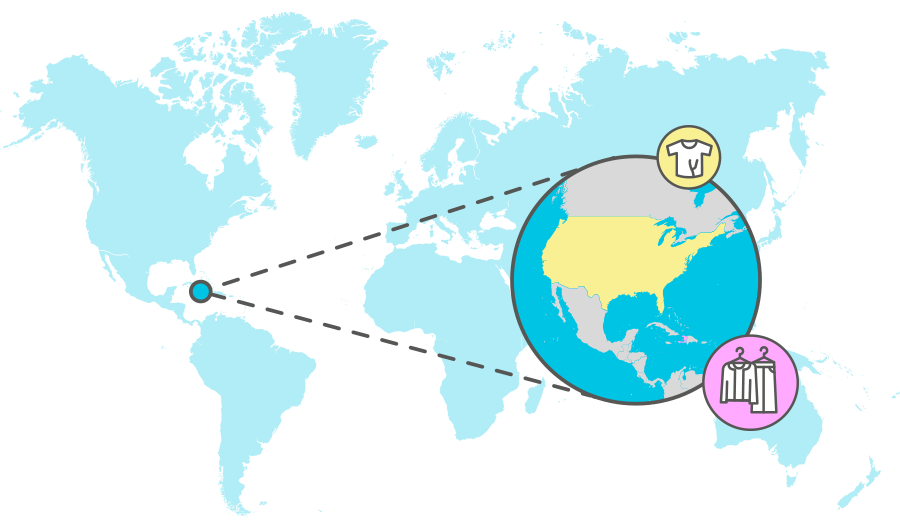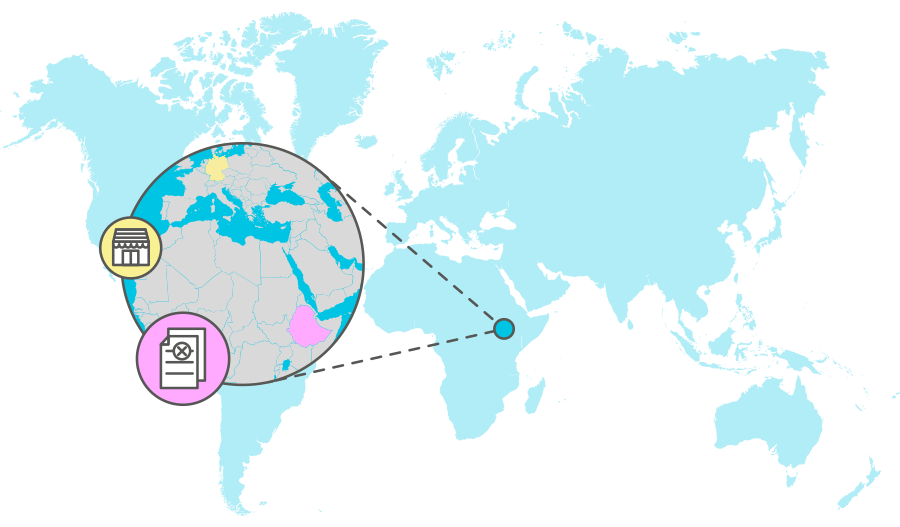Germany – Ethiopia:
Positive stimuli for business, negative effects on people and nature. Big players in the German textile industry discovered a market for themselves in Ethiopia—with drastic consequences.
In recent years, Ethiopia has become increasingly attractive as a production location for fashion. The country is among the 20 poorest in the world, and is well on the way to becoming a centre of textile production in Africa. The Partnership for Sustainable Textiles, launched in 2014 by Germany’s federal minister for development, Dr. Gerd Müller, aimed to improve conditions in global textile production, including by helping the garment business in Ethiopia get off to a sustainable start. When he visited Ethiopia in 2017, Müller was full of enthusiasm for the many positive effects which the Partnership was having on the sector. But in 2019 flagrant breaches of labour law on the part of producer members of the Partnership came to light: the workers in the factories were being paid just 23 euro per month—less than in almost every other country in the world. Through its involvement, the German government had contributed to the creation of a new site of exploitation.



